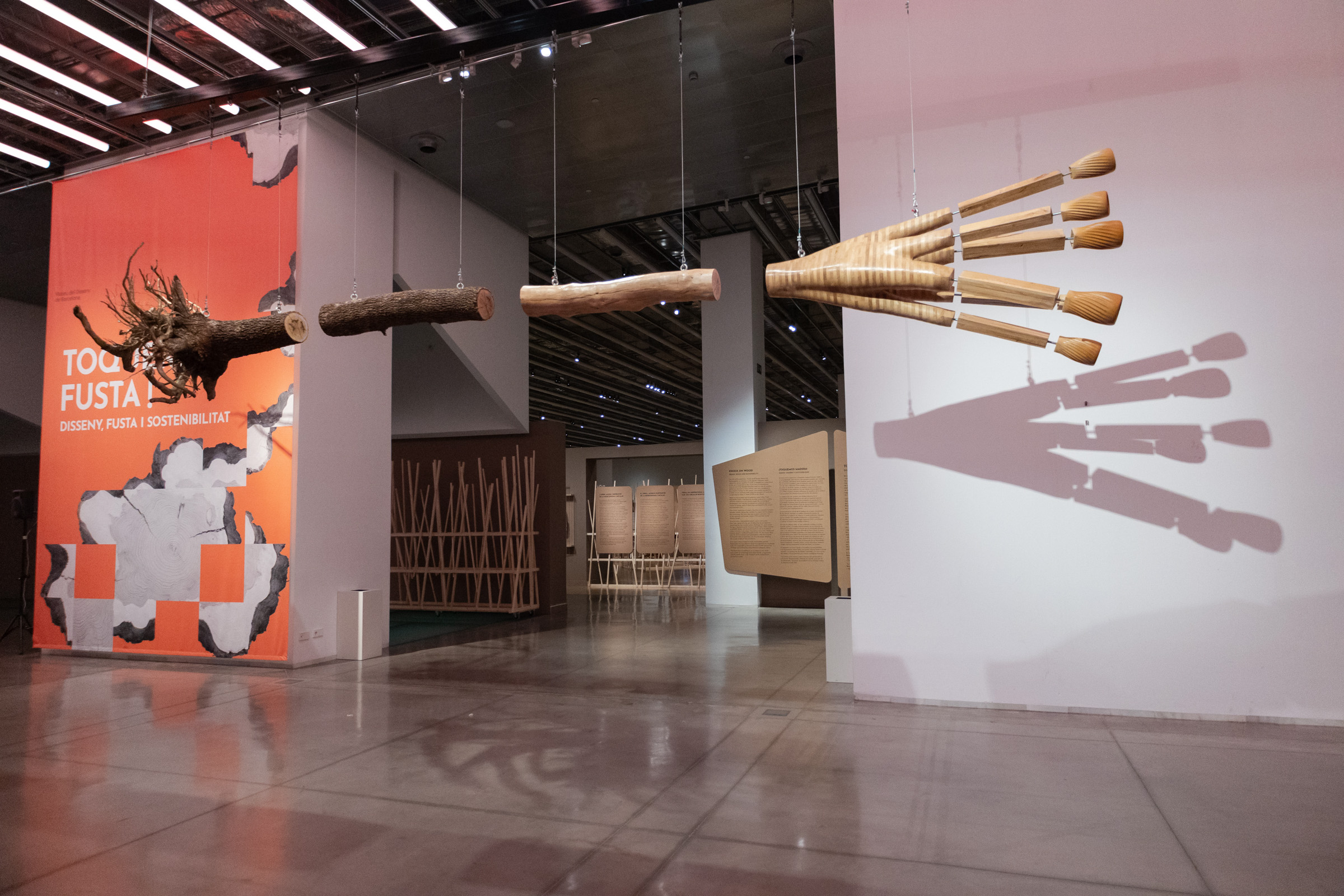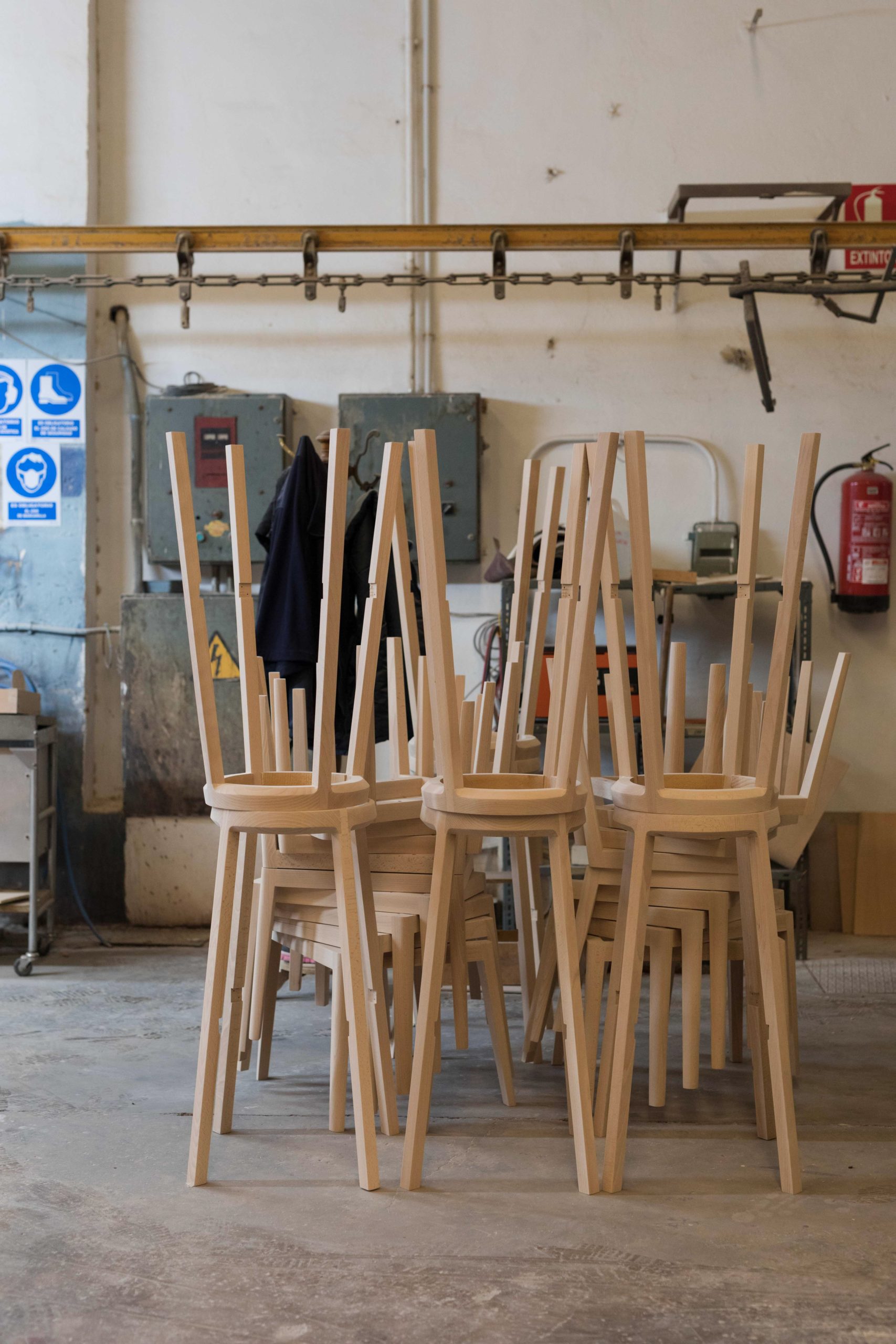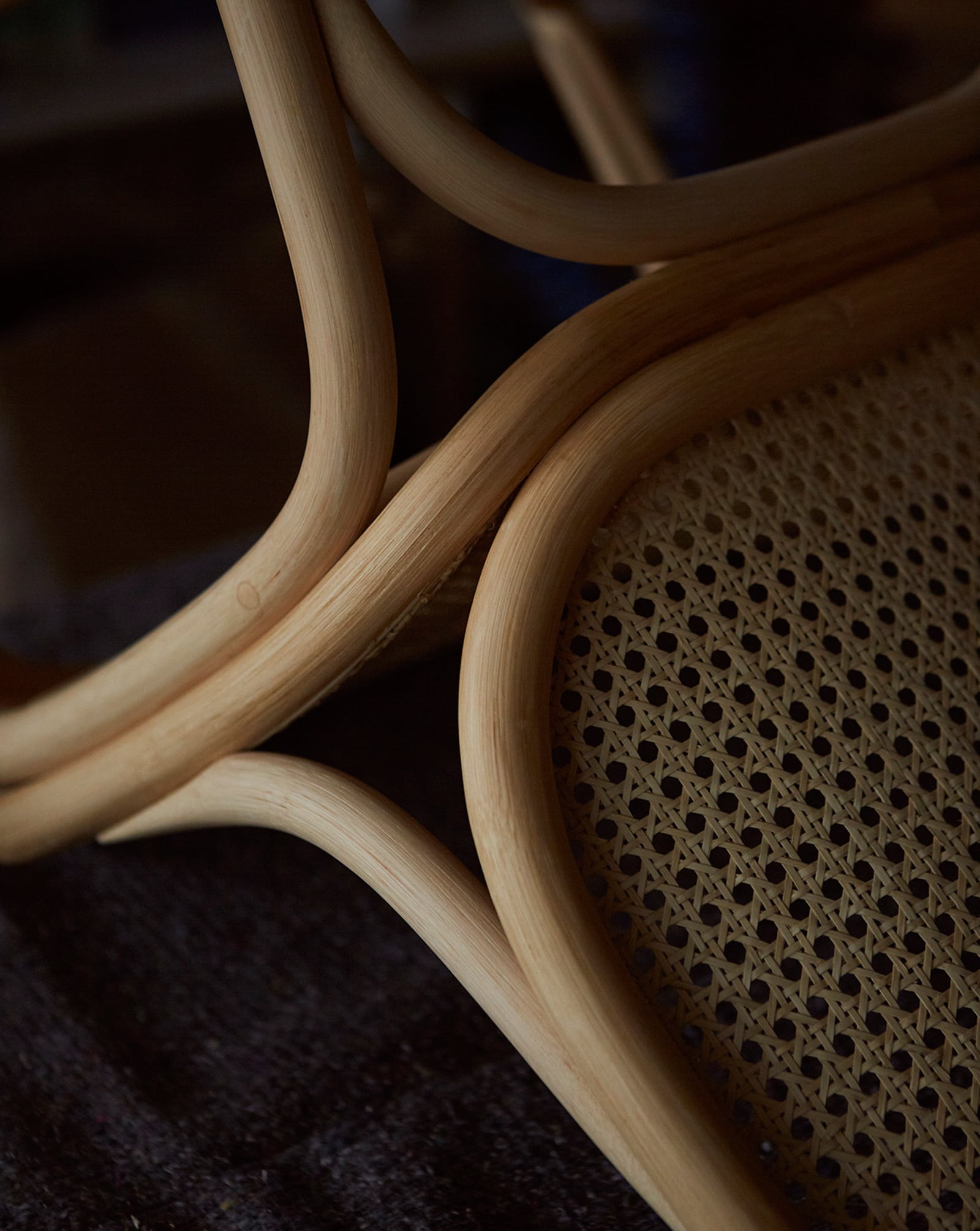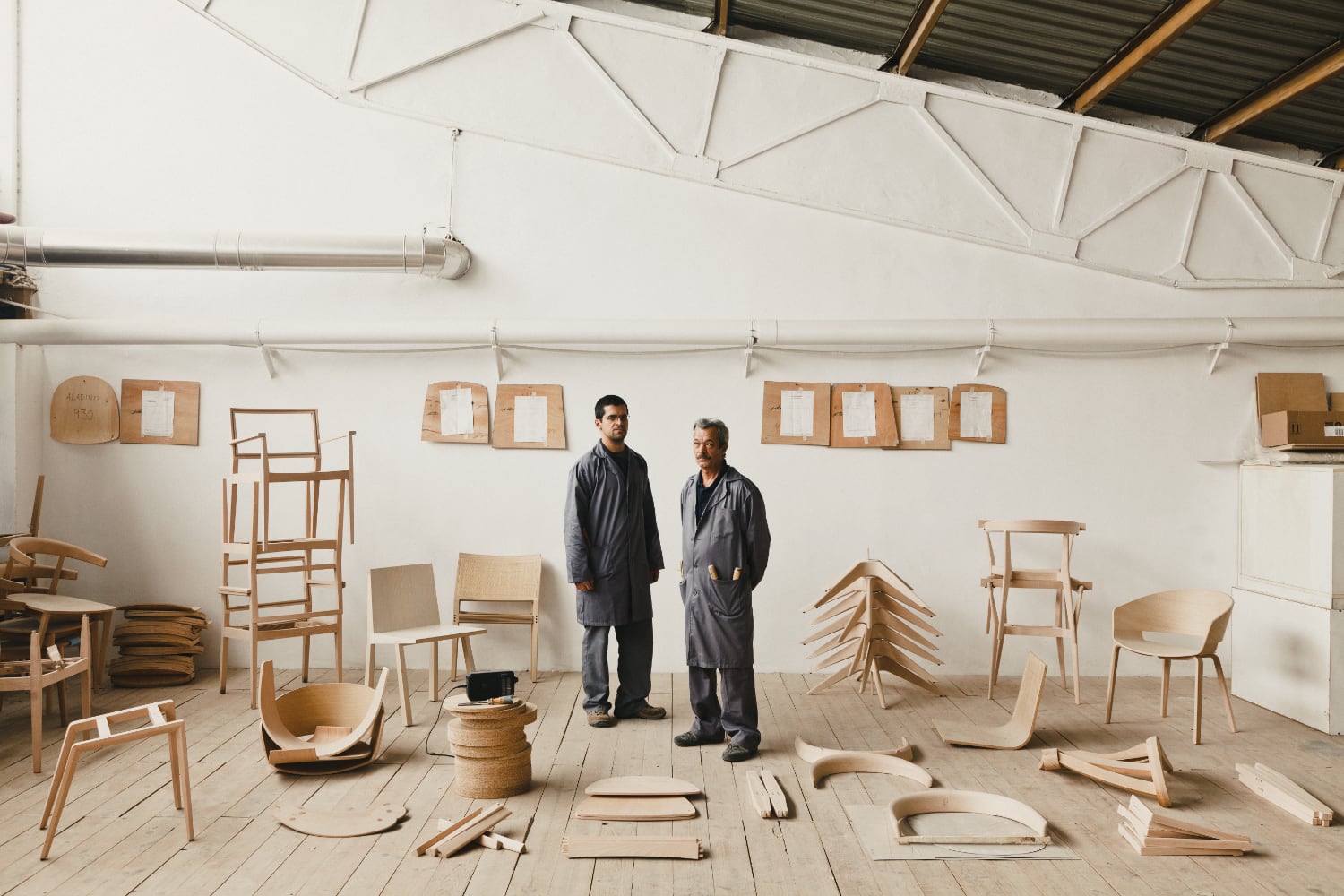I feel this post ought to open with a disclaimer, because despite what social media might portray, slow living isn’t purely an aesthetic of crumpled linen, styled coffee cups and travels to wondrous places. And yes, I’ll put my hands up and admit I’m guilty of doing that on Instagram. As an advocate of slow living I do talk about it from time to time and so an image helps to paint a thousand words.
But what does it actually mean? In a nutshell, slow living is a mindful way of simplifying our lives to focus on what truly matters. It’s about being conscious of the things we buy and the impact our choices have on the immediate and wider environment. In a world where so much of our lives are lived at speed, where consumerist culture and instant gratification have become the norm, it’s hardly any wonder so many of us are pushing back against it in search of something more, through less. And it’s a journey that starts with small changes.

Be Organised
It might not be what you want to hear, but you have to carve out space in your day to slow down, and this doesn’t happen without some planning.
Think about clearly defined goals, for example, would you like more time for spontaneity? Perhaps you want to look into a more ethical lifestyle? Maybe you’d like to draw a clear line between work and weekend?
If you feel time is running away from you, look at how organised you are. Get yourself a diary (I like to use pen and paper to see it visually laid out in front of me) and make changes. Have you committed to something you don’t want to do? Could you plan your meals on a weekly basis and shop once a week to cut out those last-minute supermarket runs? Be honest with yourself, time is a precious commodity, so think wisely about how you use it.
Find A Daily Ritual
Whilst I wouldn’t advise to quit your job and move to a commune or anything else as drastic, I do recommend embracing a daily ritual. It could be something as simple as a quiet meditation in bed before you start your day, taking a short walk on your lunch break, making a proper coffee and sitting out in the garden. Whatever it is, make it something you look forward to doing, that allows you to check in with yourself.

Family life naturally has its unavoidable busy times, but at weekends we always start the day with a special breakfast at the table. It’s not about planning huge gestures or packed schedules, just the simple things we do together.
Busy Isn’t Better – Value Your Time
It’s not possible to live on a constant plane of serenity, I know. Life is demanding at times. Yet somewhere along the way we’ve lost ourselves in the belief that being busy takes precedence over everything. We strive to buy things we don’t really need, then update those things we don’t need and work longer hours to pay for them. I’m sure someone had a more eloquent way of putting it (I’m looking at you Dalai Lama) but my point is to learn to value your time.
Working freelance for ten years taught me that spending hours at my computer because I felt I ought to was causing frequent burn-outs and wanting a flexible lifestyle was exactly the reason I started freelancing in the first place. Eventually, I realised that if I reduced my desk time to a focused couple of hours a day I could let go of the guilt of having to be constantly “on” and free up time for other passions.
Give yourself permission to say no to situations that don’t benefit you or add to your load and know that being selfish from time to time is essential to your wellbeing.

Live for The Little Things
The little things in life really are the big things. Observe the details in your day; soft shadows on the wall, listening to the lyrics of a favourite song, sitting out in the garden, anything that focuses your attention on the here and now. You’ll find you start to notice things that would normally pass you by.
Be Mindful
Perhaps the biggest impact slow living can have is learning to be mindful. It takes practice but eventually it will reach across into all areas of your life. Take a break from screens, a digital detox from time to time will reduce that feeling of overwhelm. Focus your attention on that conversation you’re having, really listen.
Take a look at the way you consume things. Buy only what you need or truly love. Find out where it came from, who made it and how. Think in terms of provenance and longevity over fast, cheap trends.

It would be impossible to sum slow living up in such a short space of time as it holds different meanings depending on the person, but I hope this post has given you some food for thought. It’s not a faddy trend to make others feel inadequate, but an opportunity to find a greater sense of balance and wellbeing. With mental health being at the forefront of our minds it can only be a positive influence if it means we gain a better understanding of ourselves and the world around us.
What are your experiences of slowing down? Have you found hidden benefits or is there a struggle between the reality of day to day life and your own expectations?
Written by Tiffany Grant Riley, interior stylist, collector of houseplants, mother and minimalist.













